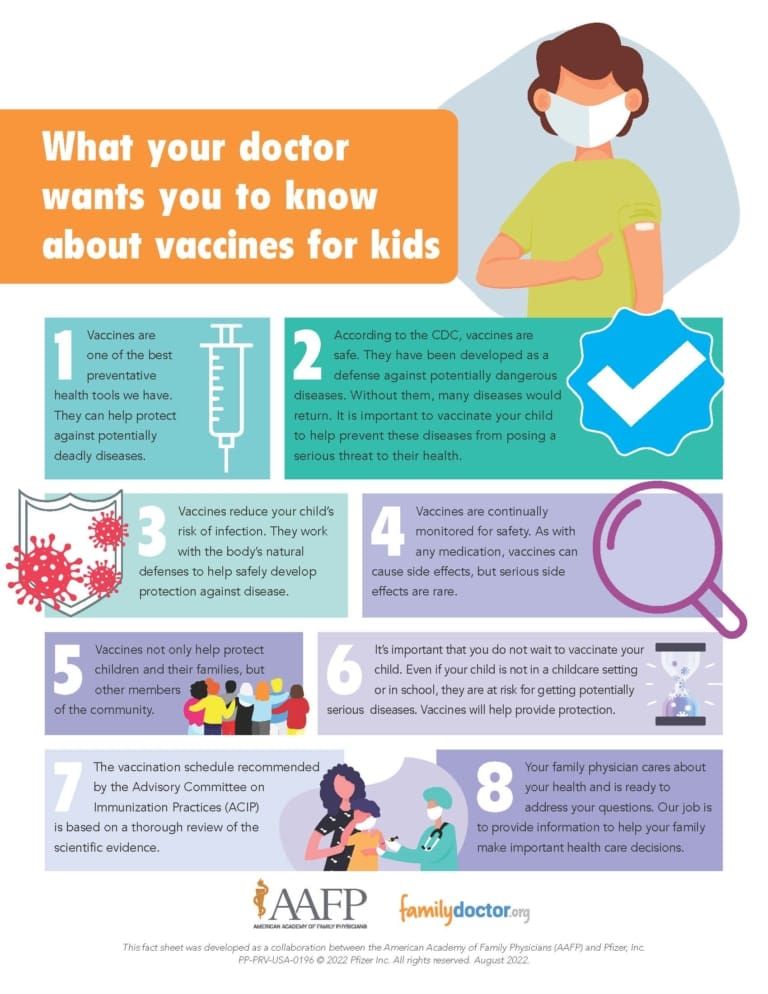
The Role of Vaccinations in Child Health
- 0
Vaccinations have long been a contentious topic among parents, with debates raging over their efficacy and safety. However, when it comes to the health of children, vaccinations play a crucial role in preventing deadly diseases and protecting public health.
The Science Behind Vaccinations
Vaccines work by stimulating the immune system to produce antibodies that fight off specific diseases. By introducing a weakened or inactivated form of a virus or bacteria into the body, vaccines train the immune system to recognize and destroy these pathogens if encountered in the future.
According to the Centers for Disease Control and Prevention (CDC), vaccines have been instrumental in eradicating or significantly reducing the prevalence of diseases such as polio, measles, and smallpox.
Benefits of Vaccinations
There are numerous benefits to vaccinating children against preventable diseases. Vaccinations not only protect the individual receiving the vaccine but also help to create herd immunity, making it harder for diseases to spread within the community.
By vaccinating children, parents can help prevent outbreaks of diseases that can have serious consequences, especially for those who are too young or too immunocompromised to be vaccinated themselves.
Debunking Common Myths
Despite the overwhelming scientific evidence supporting the safety and efficacy of vaccines, there are still many myths and misconceptions surrounding their use. It is important for parents to educate themselves on the facts and consult with healthcare professionals to make informed decisions about vaccination.
Some common myths include the idea that vaccines cause autism or that natural immunity is more effective than vaccination. These myths have been thoroughly debunked by numerous studies and should not deter parents from vaccinating their children.
Conclusion
Vaccinations play a critical role in protecting the health of children and the community at large. By following the recommended vaccination schedule and staying informed on the latest research, parents can help ensure that their children are protected from preventable diseases.
It is important for parents to consult with healthcare professionals and rely on evidence-based information when making decisions about vaccinations. Together, we can work towards a healthier future for our children.

